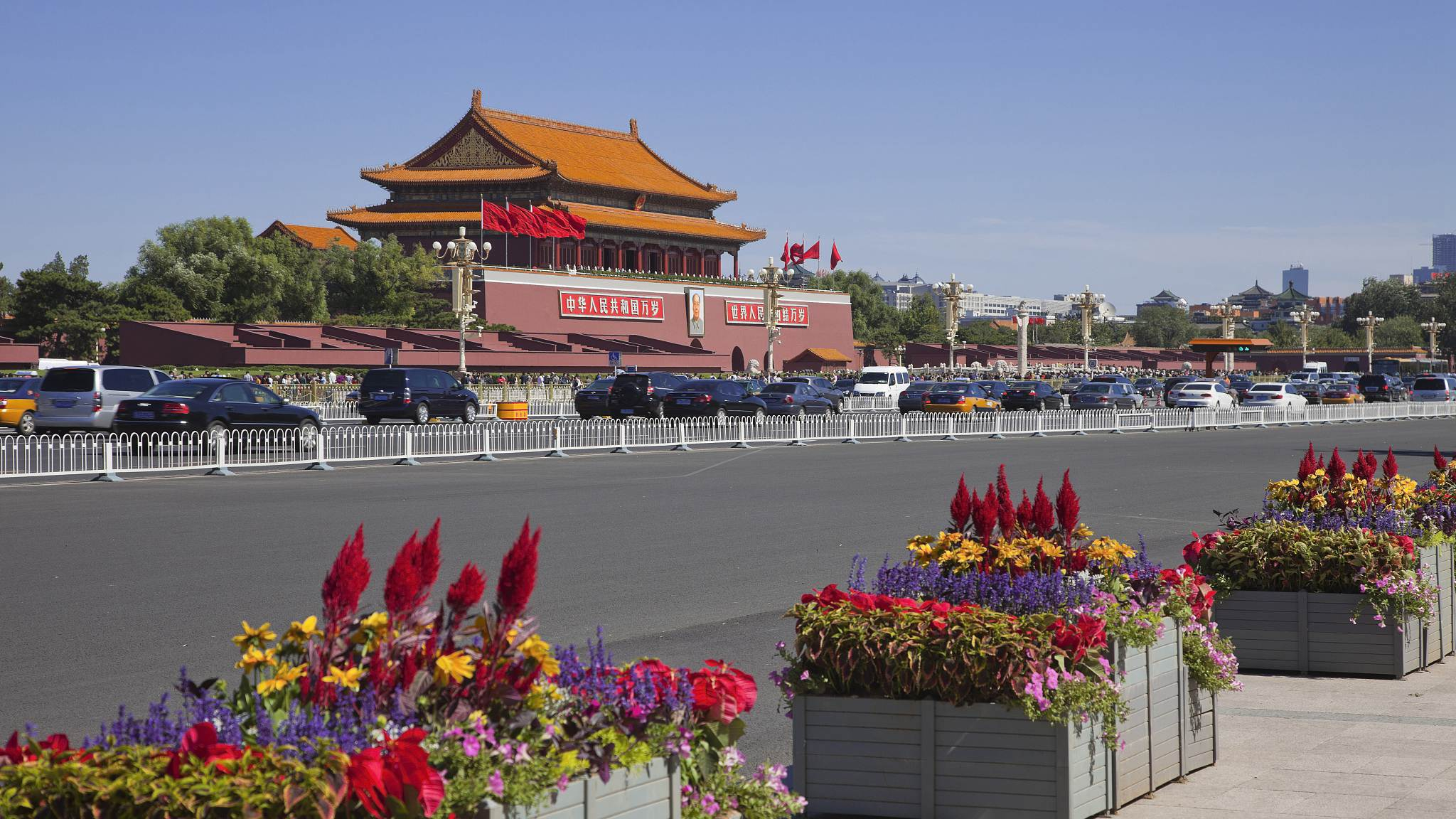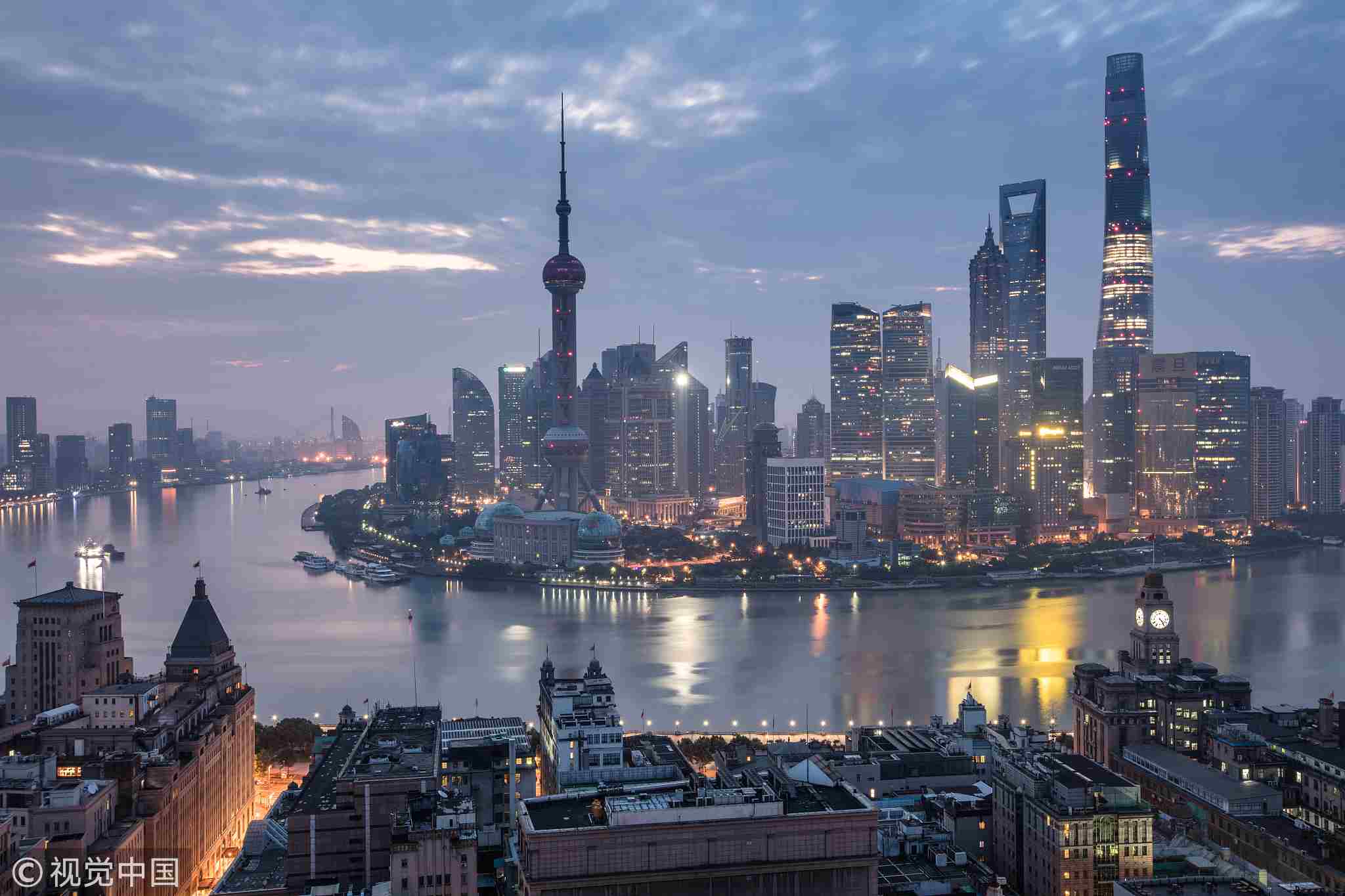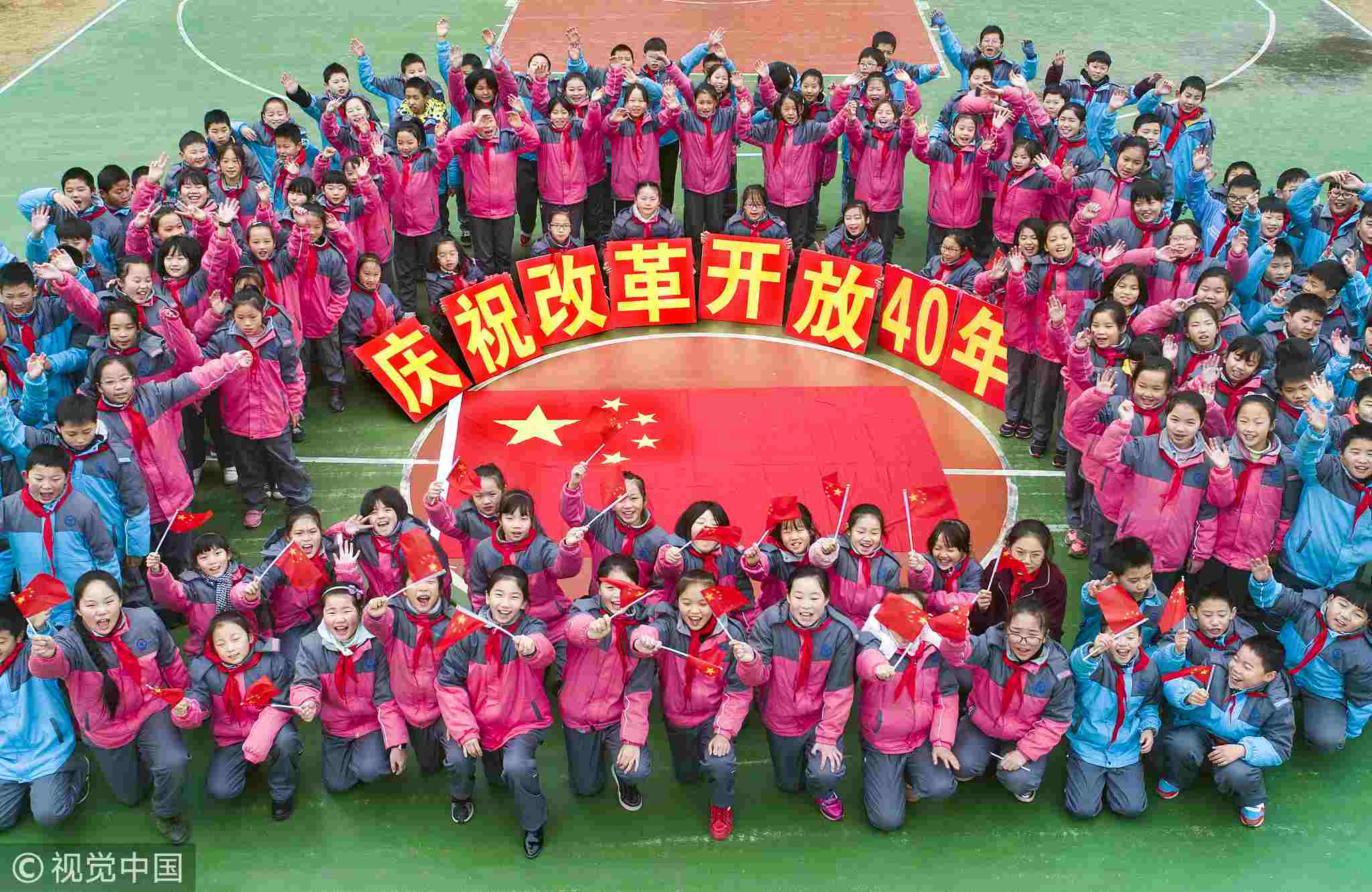
Opinions
10:21, 17-Dec-2018
Opinion: Third Plenary Session of 11th CPC Central Committee ushers in new era
Updated
10:08, 20-Dec-2018
Kong Qingjiang

Editor's note: Kong Qingjiang is the dean of the School of International Law at the China University of Political Science and Law. The article reflects the author's opinions, and not necessarily the views of CGTN.
This year marks the 40th anniversary of the Third Plenary Session of the 11th Central Committee of the Communist Party of China (CPC), which was a historic meeting that ushered in China's new era of reform and opening-up.
In 1984, the Third Plenary Session of the 12th CPC Central Committee proposed developing a planned commodity economy.
In 1992, inspired by late Chinese leader Deng Xiaoping's speeches during his famous southern tour calling for bolder reforms and further opening-up, party leaders put forward the new concept of the “Socialist Market Economy” which was enshrined in the Constitution of the CPC at its 14th National Congress.
It was the reform and opening-up policy that made China's accession to the World Trade Organization (WTO) possible, requiring China to cut off most of its tariffs, eliminate some other barriers to trade and streamline laws and regulations in order to facilitate trade and investment with other countries.

The Bund, Shanghai, China. /VCG Photo
The Bund, Shanghai, China. /VCG Photo
Moreover, it is under the banner of “building a socialist market economy with Chinese characteristics” that large and medium-sized state-owned enterprises (SOEs) were restructured with the goal of putting a modern enterprise system in place.
Most SOEs under the direct administration of the central government were transformed into corporations that started to face fierce competition in the market. As a result of the reform, those SOEs were turned into market entities.
While public enterprises have gained a foothold in the market and dominance in strategic industries, private ones have in the past 40 years also played an important role in promoting innovation and fostering a steady growth, which has generated jobs and improved people's livelihoods.
At present, more than half of the GDP, the national tax revenue, and the total fixed asset investment in the country come from the private sector.
About 70 percent of technological innovation, 65 percent of domestic patents and more than 80 percent of new products come from small and medium-sized enterprises (SMEs), of which more than 95 percent are non-public.
As the public and private sectors grew, China's market economy took shape, and a socialist market economy with Chinese characteristics came into being. The capital, technology and labor market emerged, and the role of the market in resource allocation was significantly enhanced.
China's fiscal policies and taxation system, as well as its regulations of the financial market, continued to improve. Significant progress was made in enhancing the social security system.
In this context, the government is thus able to play a unique role in guiding the development of technologies and industries of critical importance to the economy.
China's model of economic development is regarded by some economists as an important reason for the country's economic rise in the past decades.
Of course, the role of SOEs and the government in the economy has also given rise to the concern that the development of the private sector in the economy has been adversely affected.

Pupils celebrate the 40th anniversary of the reform and opening-up in Nanchang, south China, December 14, 2018. /VCG Photo
Pupils celebrate the 40th anniversary of the reform and opening-up in Nanchang, south China, December 14, 2018. /VCG Photo
It is widely viewed by the mainstream economists that the Chinese government, which has the responsibility of overseeing the economy and delivering prosperity to its 1.4 billion people, has to provide a level playing field for all the enterprises.
On the eve of the 40th anniversary of the Third Plenary Session of the 11th CPS Central Committee, China must further deepen reform and opening-up to the outside world so that the government will be able to establish a system that facilitates a sustainable economic development.
It is now safe to say that the historic meeting implied that reform and opening-up is the key to understanding China's rise.
(If you want to contribute and have specific expertise, contact us at opinions@cgtn.com)

SITEMAP
Copyright © 2018 CGTN. Beijing ICP prepared NO.16065310-3
Copyright © 2018 CGTN. Beijing ICP prepared NO.16065310-3